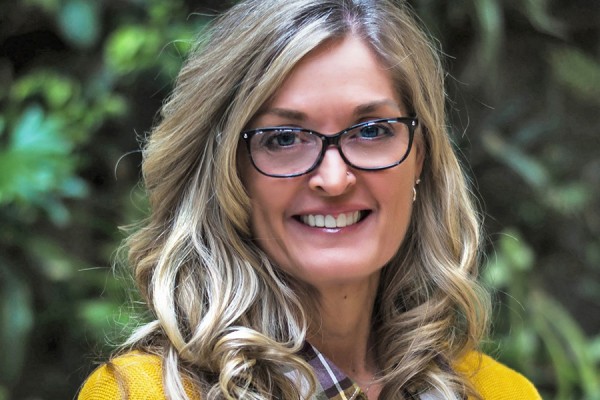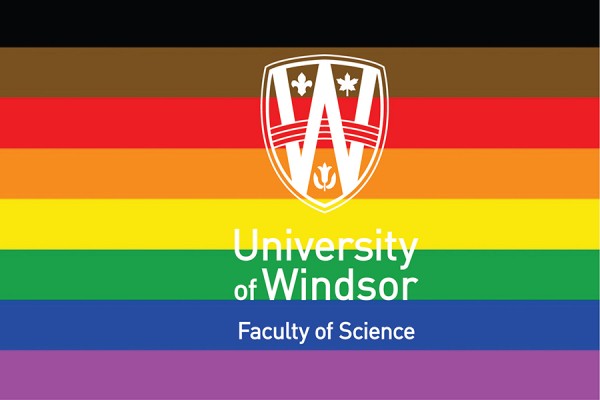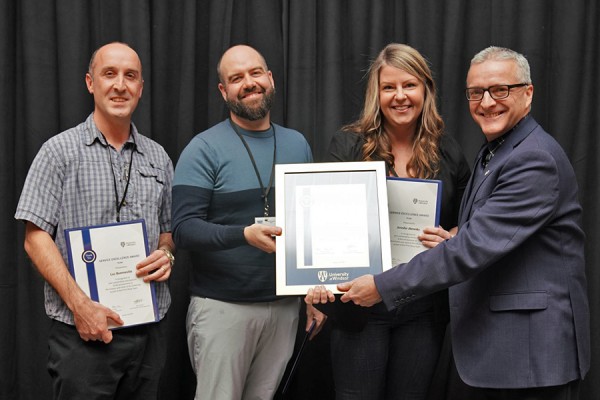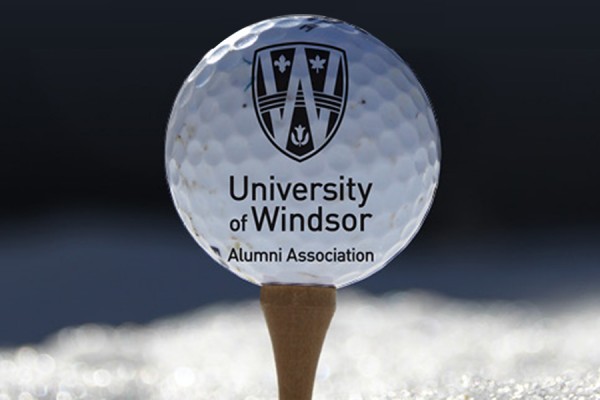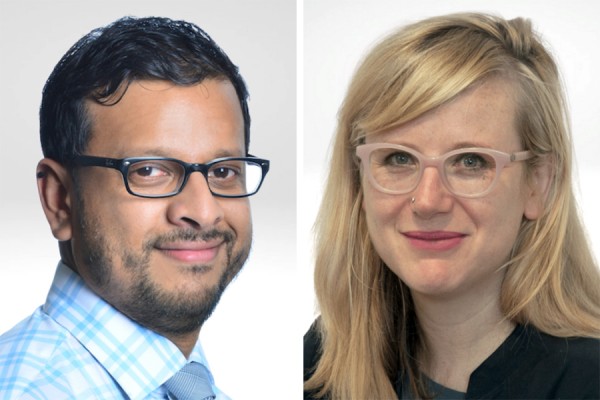A research team in the Faculty of Science is speaking with students, staff, and faculty to create a better picture and develop a deeper understanding of the academic climate. Through a series of research studies, members will collect and analyze data with an end goal of improving equity, diversity, and inclusion (EDI) within science.
Postdoctoral fellow Michael Godfrey (BHK 2014) started the research series in Fall 2020 by conducting semi-structured interviews with faculty, staff, and students from within science with the project called “Exploring the academic climate for LGBTQ2S+ students in science.”
“The volunteer interviewees shared their personal perspectives of the atmosphere that they feel exists for LGBTQ2S+ science students — and ultimately how this climate may influence a student’s career aspirations,” says Dr. Godfrey.
“We will be using the findings from the interviews to educate students, faculty, and staff, as well as administration, about the current climate within the Faculty of Science and inform interventions to maximize LGBTQ2S+ students’ comfort and persistence within STEM fields.”
Participation was completely voluntary and responses confidential. Godfrey created the interview with colleagues Tricia Carmichael, chemistry and biochemistry professor, and psychology assistant professor Dana Menard. Together they recruited volunteers through email and social media campaigns.
“We interviewed individuals who belong to the LGBTQ2S+ community, as well and those who do not, because we understand the importance of gaining multiple perspectives to garner a more holistic understanding of the current climate,” Godfrey says.
After finishing his human kinetics degree at UWindsor, Godfrey went on to complete Masters and doctoral studies with a focus on sports psychology, looking at how cultural diversity affects the cohesiveness of teams and group dynamics.
He says he explored how cultural diversity, specifically ethnic diversity, influenced cohesion and he found that with university teams, the more diverse the team, the more united the team was in practice and game situations. With this post-doctoral position, Godfrey will carry over his research expertise to explore EDI in science, as he discovered there is a minimal amount of Canadian research into the effects of diversity in academia.
“Our research results will not only be used to educate and inform interventions to maximize LGBTQ2S+ students’ comfort and persistence within STEM fields at UWindsor from the administration down, but we plan to expand our research to a nation-wide platform, so we can compare academic climates across Canada,” he says.
“We’ve already made some strong steps forward towards positive EDI progress with efforts like the annual LGBTQ2S+ in STEM conference organized by the Department of Chemistry and Biochemistry, and we want to capitalize on the momentum to continue raising awareness for this under-represented community.”
The team is currently preparing a second study, “Ethnic Diversity in Science Research Group/Lab Contexts,” with plans to look at diversity in research labs, how the ethnic and cultural make-up affects cohesion of the lab team.
Dr. Carmichael says the postdoctoral research position arose from an EDI working group, which recently turned into a task force.
“There is a deep need for this type of open discussion accompanied by the ability to adapt and change — to successfully create an inclusive climate where everyone on campus feels comfortable,” says Carmichael, who leads the task force.
“We are providing a space to encourage everyone in science — the interviews have been very successful and we will continue this research.”
The EDI taskforce is now actively recruiting members for the taskforce. Interested students, staff, and faculty may email Carmichael at tricia.carmichael@uwindsor.ca. To volunteer for an interview, contact Godfrey at Michael.Godfrey@uwindsor.ca.
Godfrey notes it is important to make changes at the departmental and administration levels, but there are also simple gestures we can all make.
“Hanging rainbow stickers on our office door or adding pronouns to our email signatures identify us as an open-minded community of allies,” he says. “Don’t underestimate the power of micro-support to set new norms.”
—Sara Elliott
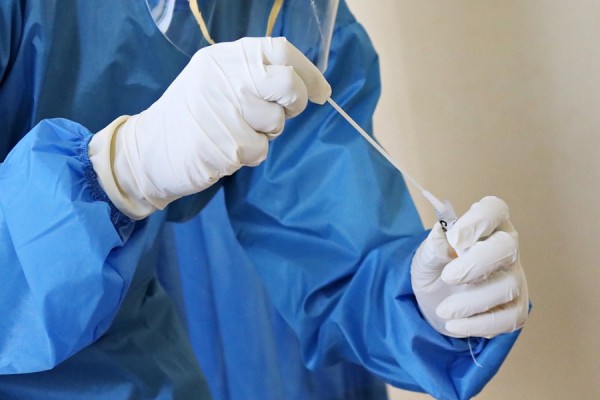 An on-campus clinic to test for exposure to COVID-19 is the result of collaboration across the community.
An on-campus clinic to test for exposure to COVID-19 is the result of collaboration across the community.

